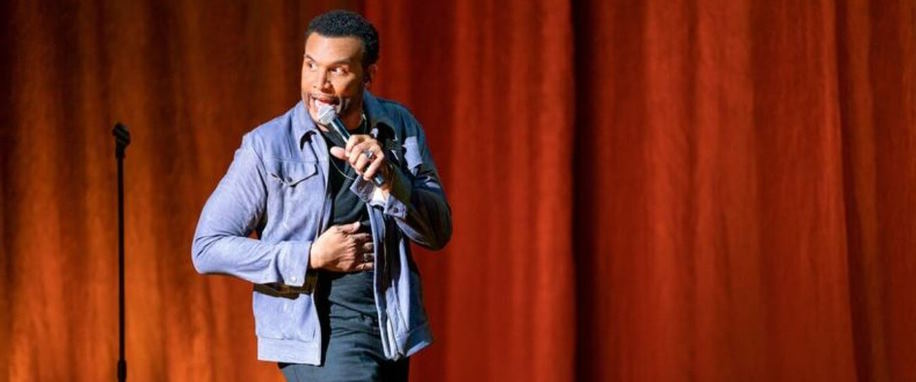
The Ethics of Stand-Up Comedy Performances
Stand-up comedy is a unique form of entertainment that has the power to both entertain and challenge audiences. However, with great power comes great responsibility, and comedians must carefully consider the ethics of their performances. In this article, we explore the ethics of stand-up comedy performances, examining the challenges of balancing freedom of speech with a responsibility to audiences and addressing sensitive topics with empathy and inclusivity.
Balancing Freedom of Speech with Responsibility to Audiences
One of the biggest challenges facing comedians today is the balance between freedom of speech and responsibility to audiences. While comedians have the right to express their opinions and ideas, they must also consider the impact of their words on their audiences. Offensive or insensitive material can alienate audiences and perpetuate harmful stereotypes, ultimately undermining the integrity of the art form.
Addressing Sensitive Topics and Challenging Social Norms
Another ethical challenge for comedians is the task of addressing sensitive topics and challenging social norms. While stand-up comedy has a long history of tackling taboo subjects and pushing boundaries, comedians must do so in a way that is respectful and empathetic to the experiences of their audiences. Humor can be a powerful tool for bringing attention to important social issues, but it can also be used to minimize or trivialize the experiences of marginalized groups.

The Importance of Empathy and Inclusivity in Stand-Up Comedy
The importance of empathy and inclusivity in stand-up comedy cannot be overstated. By creating an atmosphere of respect and understanding, comedians can help build bridges between communities and promote social change. It means taking the time to listen to the experiences of marginalized groups, being mindful of language and stereotypes, and trying to include a diverse range of voices in their performances.
Navigating the Line Between Offense and Edgy Humor
One of the hallmarks of stand-up comedy is the ability to push boundaries and challenge audiences with edgy humor. However, as comedians navigate the line between offense and edgy humor, they must be mindful of the impact of their words on their audiences and the broader social context in which they perform.
Offensive material can harm audiences and perpetuate harmful stereotypes. As a result, comedians must be intentional about their language and the impact of their words. Edgy humor, on the other hand, can be a powerful tool for bringing attention to important social issues and challenging social norms. But comedians must be careful not to trivialize or minimize the experiences of marginalized groups in their attempts to be edgy.
Navigating the line between offense and edgy humor requires a nuanced understanding of language’s power and social norms’ impact on different communities. Comedians must be mindful of the diverse perspectives of their audiences and the broader social context in which they perform.
